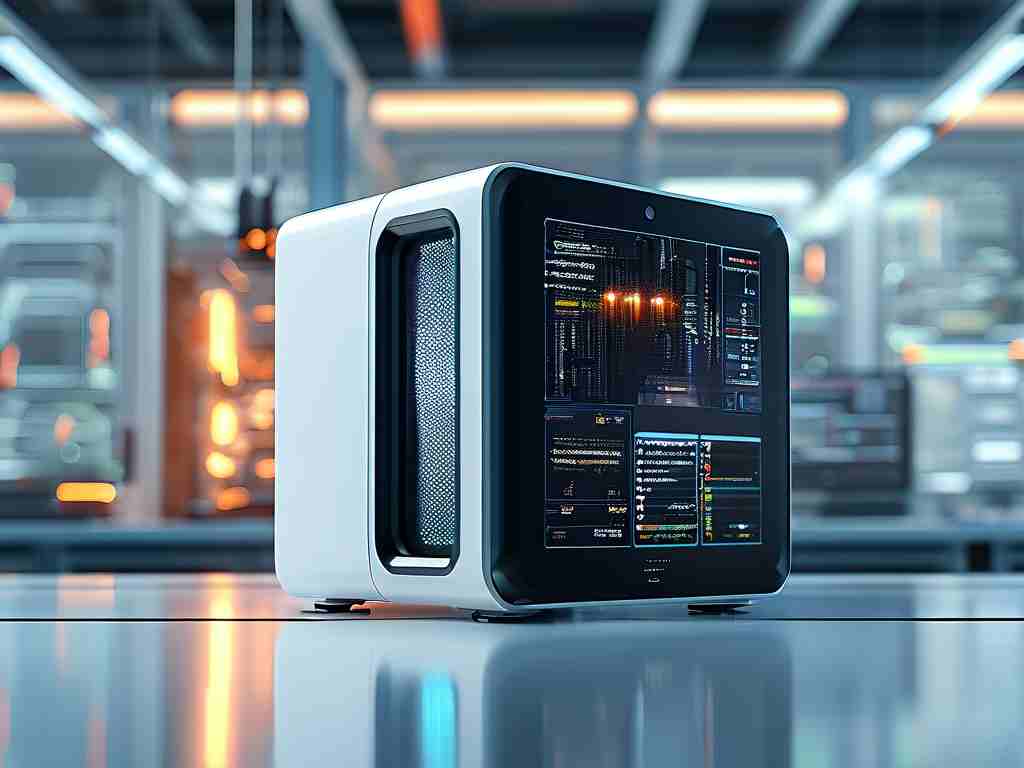As industries increasingly adopt smart technologies, Enzo Embedded Development has emerged as a critical player in bridging hardware capabilities with software innovation. Specializing in resource-constrained environments, Enzo's frameworks empower developers to build efficient, scalable IoT systems while addressing challenges like power consumption and real-time data processing.

The Core of Enzo's Approach
At its foundation, Enzo Embedded Development prioritizes modular architecture. By breaking down complex systems into reusable components, developers can accelerate prototyping without sacrificing performance. For example, Enzo's lightweight RTOS (Real-Time Operating System) kernel, written in C, enables rapid task scheduling:
void task_scheduler() {
while (true) {
for (int i = 0; i < TASK_COUNT; i++) {
if (tasks[i].is_ready()) {
tasks[i].execute();
break;
}
}
}
}
This code snippet highlights how Enzo balances simplicity with responsiveness—a hallmark of its design philosophy.
Industry-Specific Customization
Unlike generic embedded solutions, Enzo tailors its tools to vertical markets. In agriculture, its soil monitoring systems use low-power LoRaWAN modules to transmit sensor data for weeks on a single battery. For automotive clients, Enzo integrates AUTOSAR-compliant stacks to ensure compliance with safety-critical standards like ISO 26262. A recent case study revealed that a Tier 1 supplier reduced ECU (Electronic Control Unit) development time by 40% using Enzo's pre-certified middleware.
Overcoming Connectivity Challenges
One standout feature is Enzo's adaptive communication layer. Traditional embedded systems often struggle with intermittent network connectivity in IoT deployments. Enzo addresses this through a hybrid protocol that locally caches data during outages and intelligently prioritizes transmission queues upon reconnection. Field tests in smart grid installations showed a 92% reduction in data loss compared to conventional MQTT implementations.
Security as a Default
With cyber threats targeting IoT devices rising, Enzo embeds security at multiple levels. Its hardware-backed secure boot process combines cryptographic signatures with tamper-resistant storage. For wireless communication, the company's proprietary E2E (Edge-to-Enterprise) encryption protocol adds less than 15ms overhead—a critical advantage for real-time industrial applications.
Developer Ecosystem Integration
Recognizing the fragmented nature of embedded toolchains, Enzo provides plugins for major IDEs like VSCode and Eclipse. A developer using PlatformIO can seamlessly integrate Enzo libraries via:
platformio lib install enzo-mqtt
This interoperability extends to CI/CD pipelines, with pre-built Docker images containing cross-compilation toolchains for ARM Cortex-M and RISC-V architectures.
Sustainability Focus
Beyond technical capabilities, Enzo leads in energy-efficient design. Its power profiling toolkit identifies "vampire loads" in circuit designs, helping manufacturers meet EU Ecodesign directives. A smart thermostat manufacturer reported cutting standby power consumption by 78% after implementing Enzo's recommendations.
The Road Ahead
As edge AI gains traction, Enzo is prototyping neural network kernels optimized for microcontrollers. Early benchmarks show TinyML models running 3x faster on Enzo-optimized frameworks compared to TensorFlow Lite for Microcontrollers. Partnerships with semiconductor vendors aim to co-develop AI-enhanced SoCs (System-on-Chips) by late 2024.
For organizations navigating the embedded landscape, Enzo's blend of performance-oriented tools and domain-specific expertise offers a compelling path from concept to deployment. Its growing repository of open-source drivers and community-contributed libraries further cements its position as a catalyst for next-generation IoT solutions.









